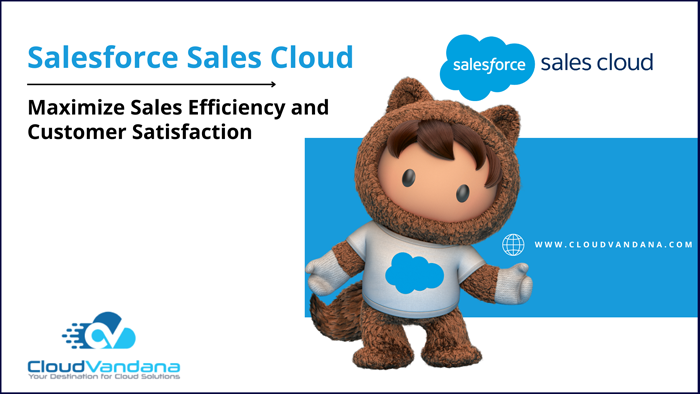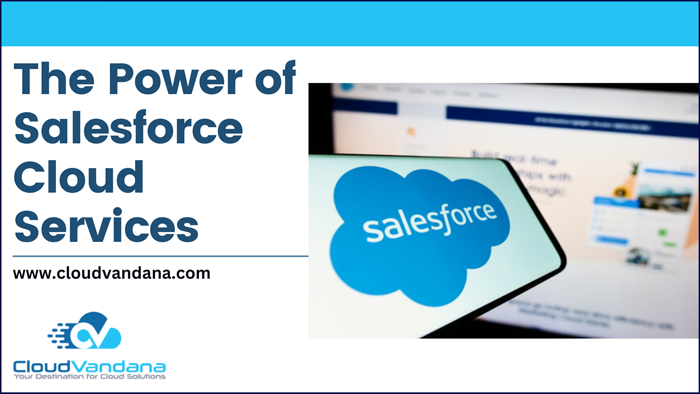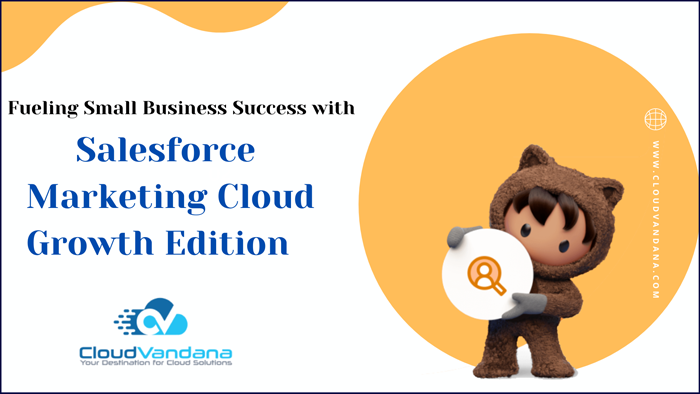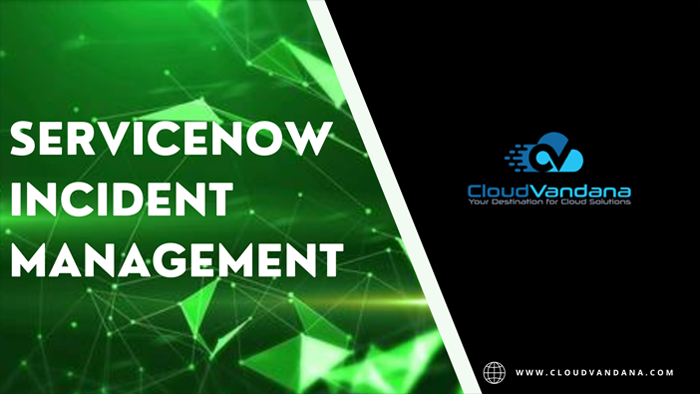
Maximizing Sales Efficiency and Customer Satisfaction with Salesforce Sales Cloud
Salesforce Sales Cloud is a robust platform that empowers businesses to achieve these objectives. From lead management to customer retention,

Salesforce Sales Cloud is a robust platform that empowers businesses to achieve these objectives. From lead management to customer retention,

Oracle is a global leader in cloud applications and platform services, empowering businesses worldwide with cutting-edge technologies. In this comprehensive

Unlock the power of Salesforce for marketers! Discover how to streamline campaigns, analyze data, and drive engagement with our comprehensive

Master Flow Salesforce effortlessly with our step-by-step tutorials and expert tips. Optimize your business processes, automate tasks, and drive efficiency

Explore Salesforce Cloud Services for seamless integration, automation, and optimization of your business processes. Salesforce Cloud Services is a suite

Enhance your Salesforce capabilities with expert Salesforce Staff Augmentation services. Access skilled professionals to streamline workflows, optimize processes, and maximize

Salesforce has unveiled a game-changing solution: Salesforce Marketing Cloud Growth Edition. In the dynamic digital landscape where small businesses strive

In enterprise-grade databases and software solutions, Oracle stands tall as a leader, offering a robust suite of tools and technologies

Discover seamless e-commerce solutions with Salesforce Commerce Cloud. Drive sales, engage customers, and optimize experiences with our scalable platform. In

Efficiently handle incidents with ServiceNow Incident Management. Streamline your incident resolution process and ensure quick, effective responses to minimize downtime
600 N Broad Street Suite 5 # 845 Middletown, DE 19709 United States Phone : +1(213)634-5362
India: C 30, RB Road, Adarsh Nagar, New Delhi – 110033
Phone: +91(782) 796-1763
Thanks a ton for subscribing to our newsletter!
The Guide’s on Its Way.
It’s in your inbox.
(You might need to check spam — email can be weird.)